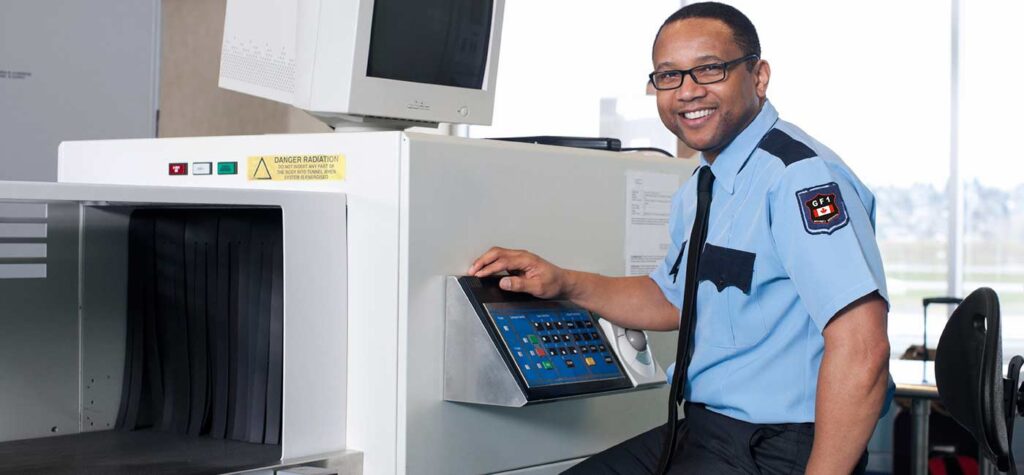Germany is a global manufacturing leader, and its factories are constantly looking for skilled and unskilled workers to fill positions on assembly lines. These jobs often come with visa sponsorship opportunities, making them a great option for people from other countries who want to work and settle in Germany. This article will guide you through the process in detail, ensuring you can apply successfully, even with limited resources.
Germany’s assembly line jobs are found in major industries like automotive production (BMW, Volkswagen), electronics manufacturing (Bosch, Siemens), and other consumer goods. These companies need hardworking individuals to ensure their operations run smoothly, and many are willing to hire international candidates.
Where to Find Jobs
To begin, finding a reputable job posting is critical. Here are the most reliable platforms:
- Make It in Germany: The official government website for skilled and unskilled foreign workers seeking employment opportunities in Germany.
- EURES Job Portal: A European Union platform that features jobs across Europe, including those with visa sponsorship options.
- Indeed Germany: A general job listing platform where you can filter for assembly line jobs and those offering visa sponsorship.
- LinkedIn: Connect with recruiters and companies hiring for these roles. Many companies in Germany explicitly state whether they provide visa sponsorship.
Recruitment agencies can also simplify the process. Agencies like Silverhand and Europa.jobs specialize in helping foreigners find work in manufacturing sectors across Germany.
How to Tailor Your Application
A professional application is essential when applying for jobs in Germany. Your documents must be clear and meet German standards.
Your CV should be concise and written in the German format. Include your personal details (name, nationality, contact information), relevant work experience, educational qualifications, and any special skills that would make you a strong candidate for assembly line work. If you have previously worked in manufacturing, mention specific tasks such as operating machinery, inspecting products, or maintaining quality standards.
Supporting documents are equally crucial. You’ll need your passport, educational certificates, references from past employers, and proof of basic German language skills if available. Some companies don’t require you to speak German, but demonstrating an effort to learn the language can set you apart from other applicants.
Visa Application Process
Once you secure a job offer, the visa application process begins. German employers sponsoring your visa will usually provide you with an official contract or job offer letter, which is the primary document needed for your work visa application.
Required documents for the visa include:
- A valid passport with at least six months before expiration
- Employment contract or job offer letter
- Health insurance (your employer may arrange this)
- Proof of accommodation in Germany
- Completed visa application form
You can submit your visa application to the German consulate or embassy in your home country. Be prepared to pay a fee of approximately €75 and attend an interview where you’ll present your documents and answer basic questions about your job and plans in Germany.
For detailed information, refer to the German Embassy’s website.
Arrival and Integration
Once your visa is approved, you’ll need to prepare for your move to Germany. Upon arrival, some key tasks must be completed quickly:
- Register Your Address: Within two weeks of arrival, you must register your residence at the local registration office (Bürgeramt).
- Open a Bank Account: This is necessary for salary deposits. Most major banks in Germany offer accounts to newcomers.
- Health Insurance: Germany requires everyone to have health insurance. If your employer doesn’t arrange this, you can explore public or private insurance options.
- Orientation at Work: Many companies offer training programs to help you adapt to their processes and systems.
Finding housing in Germany can be challenging, especially in cities like Munich and Frankfurt, where rents are high. Use platforms like WG-Gesucht to find affordable housing options.
Challenges and How to Overcome Them
One challenge for many immigrants is the language barrier. While basic German skills are helpful, they are not always mandatory for assembly line work. Consider taking free online courses from resources like Goethe Institute. Learning simple phrases can make a big difference in your day-to-day interactions.
Another challenge is understanding German workplace culture. Punctuality, efficiency, and adherence to rules are critical. Make sure to familiarize yourself with these expectations to ensure a smooth transition.
Essential Links to Start Your Journey
- Make It in Germany: Offers job listings and official guides for foreign workers.
- EURES Job Portal: Search for jobs across Europe with visa sponsorship options.
- German Embassy Visa Information: Provides step-by-step instructions for applying for a German work visa.
- WG-Gesucht: Find affordable housing near your workplace in Germany.
- Learn Basic German: Offers free resources to help you learn essential language skills.
Final Thoughts
Securing an assembly line worker job in Germany with visa sponsorship is an excellent opportunity for immigrants seeking stable employment and a better quality of life. With a bit of preparation and the resources provided here, you can navigate the process confidently. Start by applying to verified job portals or agencies, prepare your documents thoroughly, and follow up on your visa application promptly. Germany’s vibrant industrial sector awaits your talent, and with determination, your move can be a life-changing experience.
Begin your journey today by exploring the links provided and taking the first steps toward a rewarding career in Germany!

